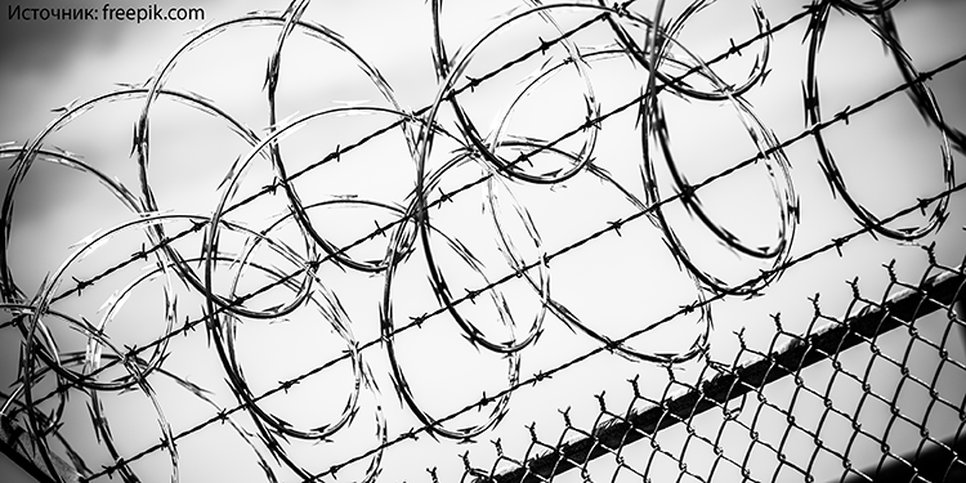Illustrative photo
Illustrative photo
Oleg Danilov, imprisoned for his faith, unjustly sent to a punishment cell
Krasnodar TerritoryOn 10 October, 2021 it became known that Oleg Danilov, serving his sentence for his Christian beliefs in the Akhtar colony, was unreasonably placed in a punishment cell. His detention in the penal cell was later extended by 15 days without any explanation.
Jehovah's Witness Oleg Danilov was sent to correctional colony № 11 in Krasnodar region in September 2021. During this short period the administration of the institution has already issued him two groundless reprimands, on the basis of which he was found to be a persistent violator of the order. At least one of the "violations" was fabricated with particular cynicism: a correctional officer took off Danilov's headdress and photographed him, after which he accused him of violating the internal regulations — as if he was inappropriately dressed.
Penal detention isolators have the strictest conditions of detention. According to the Criminal Executive Code, detainees in the penal cell "are prohibited from receiving visits, telephone calls, receiving parcels and packages, buying any food, smoking, and bringing food and personal items with the exception of basic necessities (toothpaste, toilet paper, soap, towels, and so on). In addition, the existence of penalties can prevent a prisoner from being released on parole or having his sentence commuted.
Placement in a punishment cell is used as a corrective measure for those who maliciously violate the regime of the colony or pose a threat to others (Article 116 of the Penal Enforcement Code). For example, punitive measures are used if an inmate uses alcohol or drugs, keeps prohibited items, clashes with other inmates or the administration, refuses to work or follow the internal rules of the institution.
This is the second instance in which Jehovah's Witnesses have been placed in a punishment cell in Krasnodar Krai colonies without justification. In late September 2021, Viktor Stashevsky, who is serving a sentence in the Khadyzhensk colony, was also placed in punitive confinement, allegedly because of the severe category of the article under which he was convicted.

